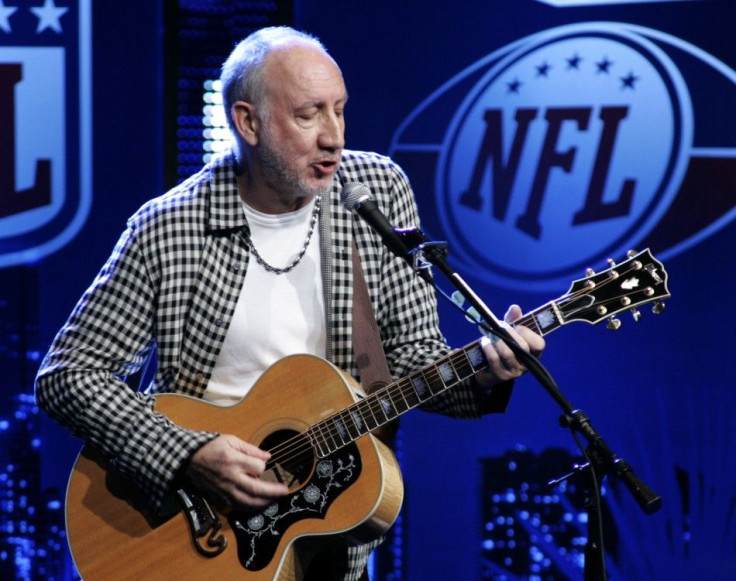Pete Townshend Blasts Apple iTunes as ‘Digital Vampire’

Legendary rock guitarist Pete Townshend has publicly criticized Apple Inc.’s iTunes system and urged the company to use its power to assist new musical groups rather than “bleeding” artists like a “digital vampire.”
The former co-founder of The Who made the remarks at the first John Peel Lecture on the state of music, in honor of the deceased BBC radio disc jockey.
Townshend, now 66 years old, said he was opposed to unauthorized file-sharing because the internet is destroying copyright as we know it.
The word 'sharing' surely means giving away something you have earned, or made, or paid for? he said.
Is there really any good reason why, just because iTunes exists in the wild west internet land of Facebook and Twitter, it can't provide some aspect of these services to the artists whose work it bleeds like a digital vampire, like a digital Northern Rock [bank], for its enormous commission?
BBC reported that Apple iTunes accounts for three-fourths of all legal downloads.
Regarding people who illegally download his music for free, Townshend commented that they may as well come and steal my son's bike while they're at it.
If someone pretends that something I have created should be available to them free... I wonder what has gone wrong with human morality and social justice, he added.
However, Townshend also cautioned: It's tricky to argue for the innate value of copyright from a position of good fortune, as I do. I've done all right. A creative person would prefer their music to be stolen and enjoyed than ignored. This is the dilemma for every creative soul: he or she would prefer to starve and be heard than to eat well and be ignored.
To save what he called the “dying” recording industry, Townshend suggested that Apple hire 20 talent scouts in order to develop the next generation of musicians and provide financial support for the most gifted ones.
Separately, Townshend praised Peel who died in 2004 and was widely acclaimed for giving publicity to a wide and diverse array of musical talent.
Sometimes [Peel] played some records that no-one else would ever have played, and that would never be played on radio again, Townshend said.
But he listened, and he played a selection of records in the course of each week that his listeners knew - partly because the selection was sometimes so insane - proved he was genuinely engaged in his work as an almost unconditional conduit between creative musicians like me to the radio audience.
Earlier, Townshend of Peel: John didn't just listen to music, he played it on air and let his audience decide. He was a listener first, and an activist second; and I am happy to have a chance to honor him and examine how his legacy might extend into the future.
The lecture was held at The Lowry Theatre in Salford, in Manchester.
© Copyright IBTimes 2025. All rights reserved.





















